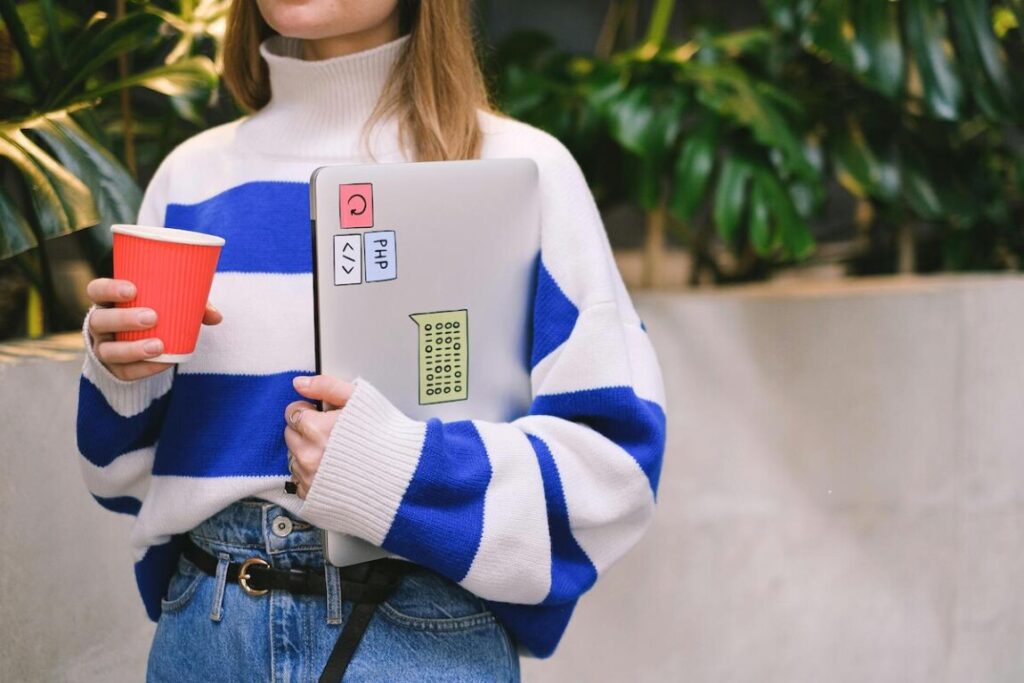A student visa is an important document that permits a foreign student to remain in a country to pursue an education. In many cases, student visa rules also allow international students to be employed – subject to certain conditions and some requirements. In this article, we delve into what you can do on a student visa (and conversely, what you cannot do on a student visa) to help international students properly prepare for their study abroad experience.
What you can do on a student visa
What you can do on a student visa may vary depending on the country. However, these are the most common activities allowed:
Study
The primary purpose of a student visa is education. It’s the main pathway for students from around the world to access the education system of another country and reap its benefits later on.
Some student visas permit studies at the undergraduate, graduate or postgraduate level. Meanwhile, some only allow education in specific short courses or areas of study. For example, international students in the US may choose between F, M and J visas. All of these have sub-categories (-1 to -3) depending on the circumstances of the visa holder. F visas are for those who want to pursue an academic degree at an accredited US college or university or to study English at a university or intensive English language institute. M visas are for international students who want to engage in non-academic or vocational study or training at a US institution. J visas are for learners participating in cultural exchange programs.
Students should check the specific stipulations of the type of student visas available in the country they’re applying to. They must obtain the corresponding visa based on their program.
Work part-time or as part of a curriculum
Some student visas allow students to work part-time as a student. Others also permit full-time work, granted that it’s part of a curriculum, such as an internship or training program. Students need to note these restrictions before accepting or engaging in employment while studying in a foreign country.
In most cases, students working while holding a student visa are limited to the types of jobs and the amount of work they can do. For instance, in Canada, students are allowed to work for a total of 20 hours per week off-campus while class is in session. The limit shall be increased to 24 hours per week in the fall.
Open a bank account
A local bank account is essential for students to pay for their day-to-day needs. It’s also important to have when they eventually look for work as a student or post-graduation and need to receive payments from their employer. Opening one typically requires a student visa, passport and valid student ID (or proof of enrolment). The process may differ based on a bank’s requirements, state laws and other relevant regulations.
Get healthcare
Student visas may allow students to access their country’s healthcare system, with some limitations. Generally, students must purchase private health insurance or obtain such through their educational institution. But in some countries, such as the UK, a student visa lets international students register with a General Practitioner (GP) through the National Health Service (NHS). This ensures that they get the necessary medical help when needed.
Use student discounts
Student visas are required for learners to enrol in a program and obtain the necessary documentation to prove that they are a student (i.e. a student ID). Once this is done, they can take advantage of student discounts available in various local establishments. These include transportation discounts, restaurant deals, etc. that could aid in making their study abroad experience more affordable.
What you cannot do on a student visa
Student visas are primarily only meant to be used for study in a foreign country, along with some activities that may supplement it. As such, there are student visa limitations that prevent learners from abusing their permission to remain in the country. Here’s what you cannot do on a student visa:
Overstay
Just like with other visas, overstaying is one of the worst things one can do on a student visa. These permissions often come with an expiry date (though it’s often extendable through a proper process). Staying longer than allowed could be deemed a criminal offence and can affect a student’s future immigration applications.
For example, if a student overstays in Australia by more than 28 days, they may have to pay a fine, be detained or be deported. They won’t be able to apply for or extend a new student visa, except in very rare circumstances. Any future applications for an Australian visa may also be subject to an exclusion period (i.e. they won’t be granted a visa) of at least three years.
Be self-employed or start a business
Student visas may allow part-time or even full-time work. However, they generally don’t permit students to be self-employed or start their own locally-registered businesses. For instance, in New Zealand, employment under a student visa requires a student to work for an employer and have an employment agreement.
Defer, change, suspend or not attend a program
Student visa holders are expected to attend their program until it finishes. Dropping out of school will be a violation of the visa; so will deferring, changing or suspending their program. If a student finds themself in this situation, they must notify their institution, sponsor and/or immigration office immediately. Usually, they may be able to keep their student visa if they can enrol in another program or institution as soon as possible. Otherwise, they may have to change their visa status or leave the country.
Get student visa help
Navigating student visas can be tricky. But it can be a seamless process if a student has the proper guidance and information. For more information on student visas, including guides on how to get a student visa in key destinations like the US, UK, Canada, Australia and New Zealand, get in touch with our business development experts.




